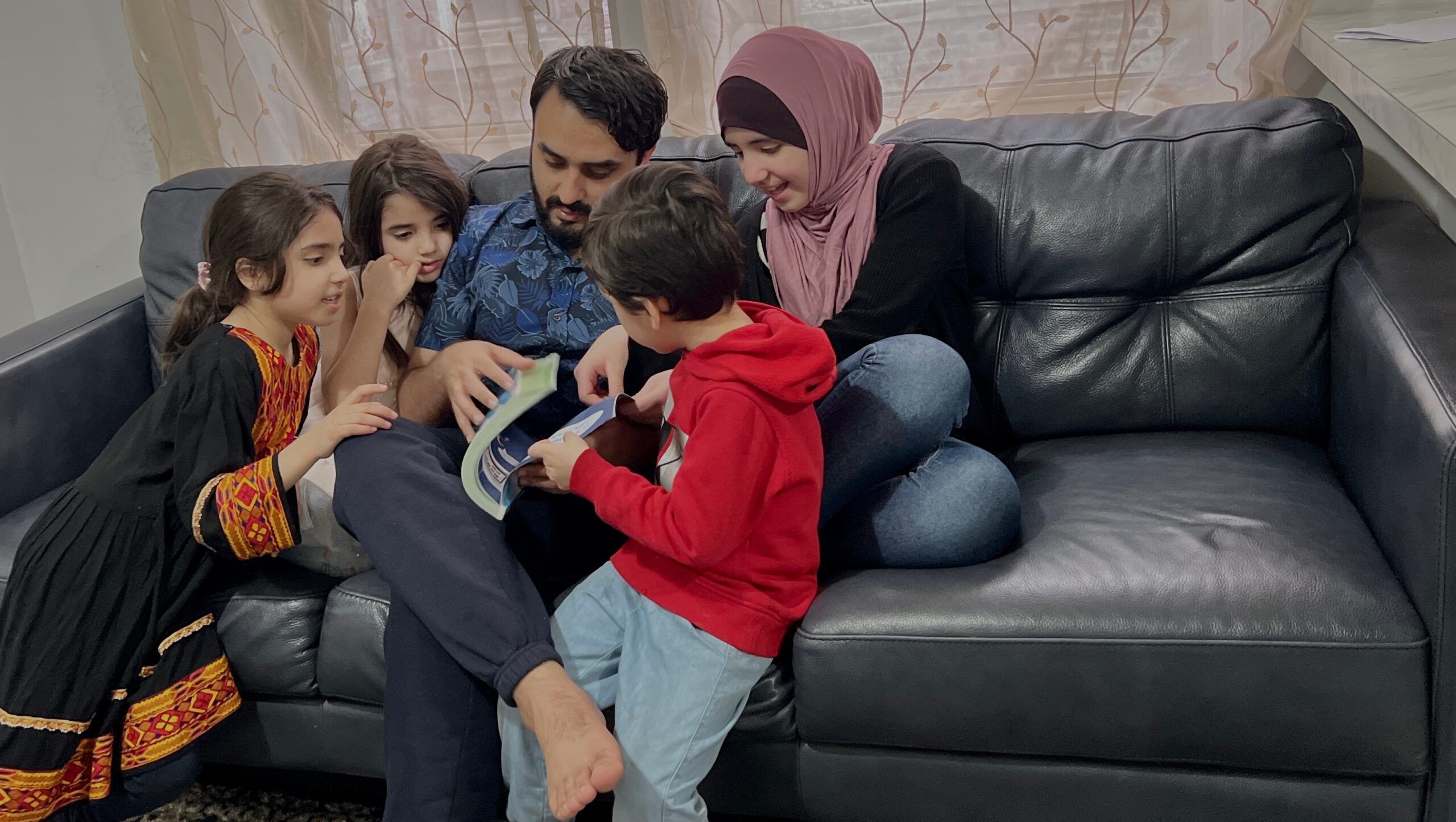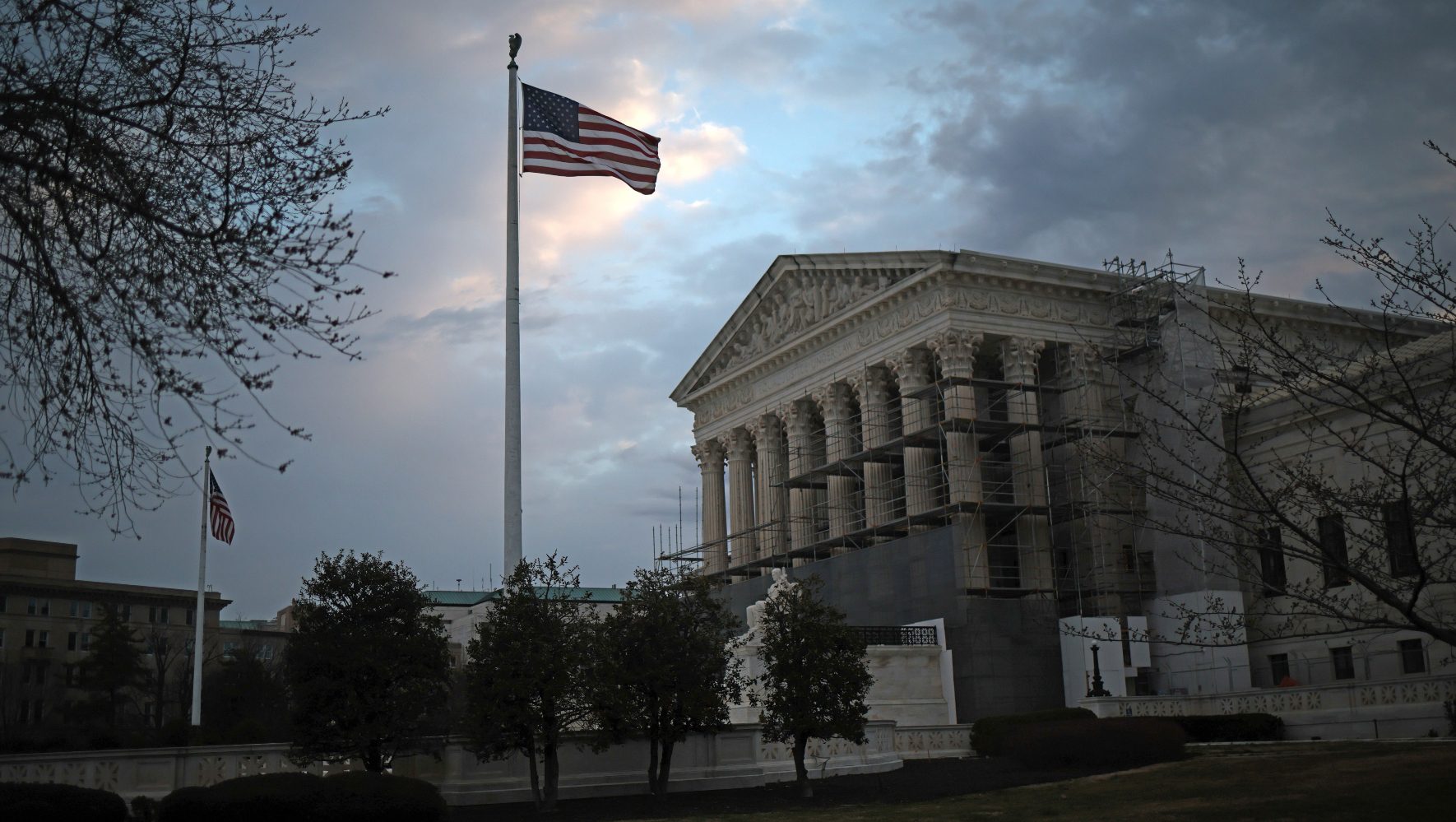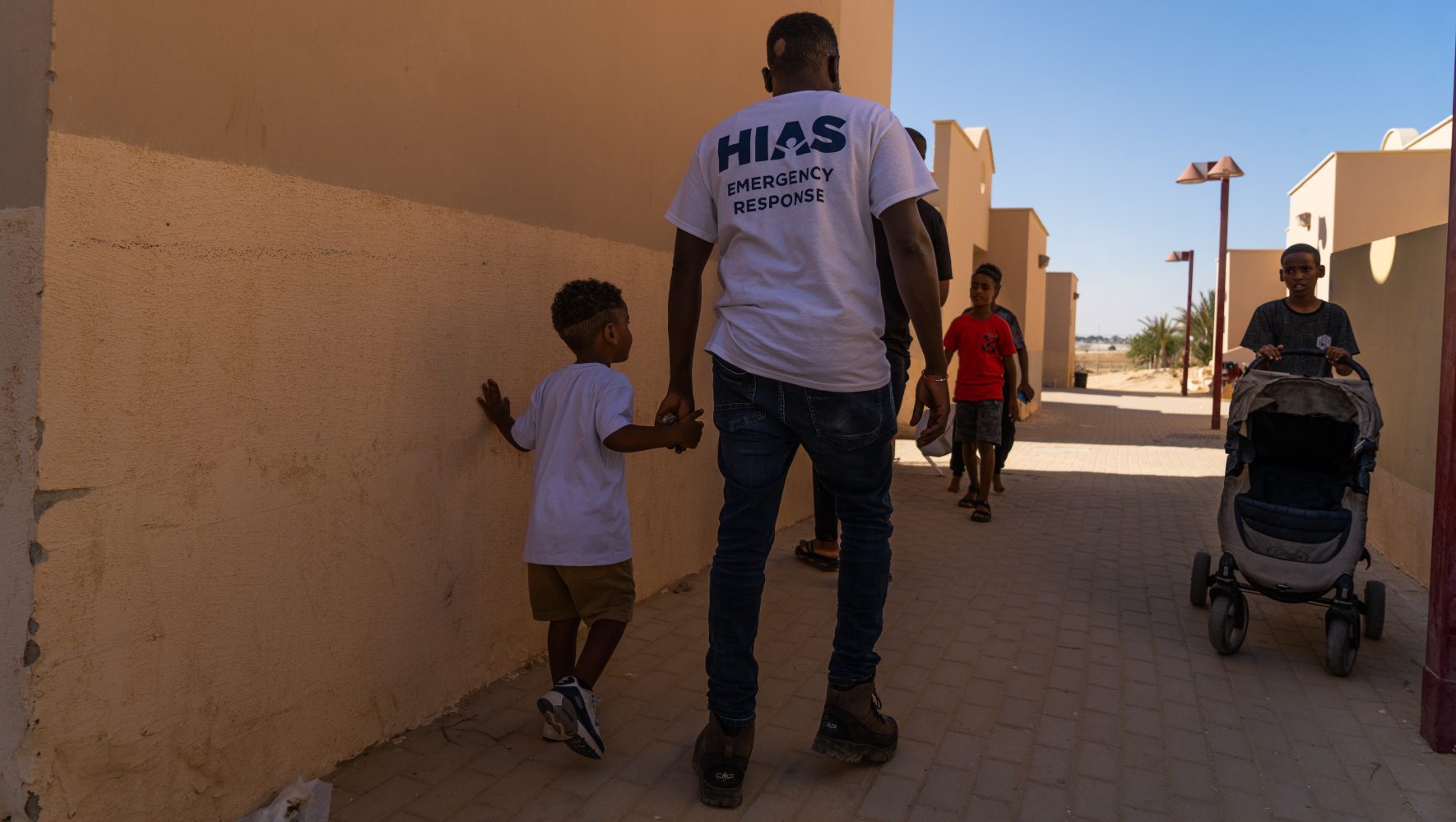Faith-Based Groups Play Critical Role Helping Refugees
By Celia Gomez, HIAS Europe Program Officer
Feb 11, 2021
Vice President of the European Commission Margaritis Schinas addressed HIAS Europe and other leaders about the importance of the Global Compact for Refugees and the role of faith-based organizations.
Faith-based organizations have been critical in helping refugees integrate into host communities, said leaders of religious groups at a Feb. 9 event organized by HIAS Europe.
Officials from HIAS and three other faith-based organizations — Islamic Relief Worldwide, the Quaker Council for European Affairs, and the Lutheran World Federation — brought more than 250 people together virtually to discuss how religious groups and communities are aiding refugees and supporting the Global Compact for Refugees. The compact, as defined by UNHCR, is a framework for more predictable and equitable responsibility-sharing, recognizing that a sustainable solution to refugee situations cannot be achieved without international cooperation.
Faith-based groups have enormous capacity and have shown great endurance in their work with refugees, said Atallah FitzGibbon, the faith and partnership advisor for Islamic Relief Worldwide. He emphasised that local faith communities who are often the first responders in offering relief and helping with integration.
Refugees are taking an active part in projects created by faith-based organizations to be a voice in Italian society. In Sweden, a small convent opened its doors to refugees and accompanied them through the process of obtaining asylum. The Muslim community in Croatia is working on integrating refugees by raising awareness among the local population, creating space for locals and refugees to meet, and working with local media to reshape the narrative around migration.
Including faith-based groups in plans concerning refugee resettlement and integration should be part of a local integration strategy, leaders agreed, and good relations between local faith communities and local governments is crucial for refugee protection. Margaritis Schinas, Vice President of the European Commission, and Gillian Triggs, Assistant High Commissioner for Protection, UNHCR, both sent video statements to the event.
Ilan Cohn, HIAS Europe’s director, said more can be done to promote interfaith work and partnerships, not just regarding peacebuilding and reconciliation in refugees’ countries of origin but also in creating welcoming communities in host countries in Europe. For relatively small faith communities like the Jewish community, it is only natural to partner with other communities.
“We all stand to gain from the symbolic value of several religions pooling their voices and actions to protect refugees,” Cohn said.


